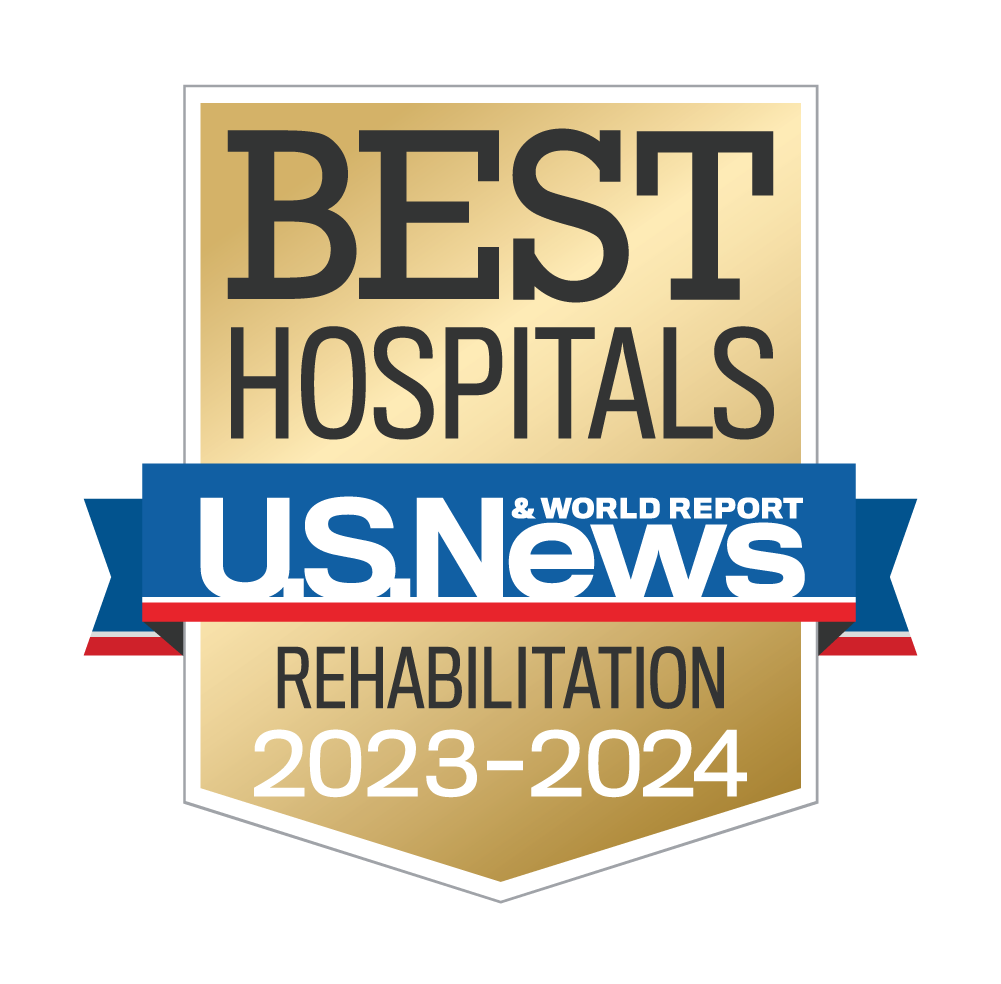Dr. Krishnan and colleagues have been awarded two NIH (PC2C and R21) grants most recently. His collaborators include:
P2C grant: Dr. Riann Palmieri-Smith (Kinesiology) and Dr. Edward Wojtys (Orthopaedic Surgery)
R21 grant: Dr. Riann Palmieri-Smith (Kinesiology), Dr. Edward Wojtys (Orthopaedic Surgery), Dr. Mark Peterson (PMR), Dr. Cathie Spino (SPH).
P2C (formerly R24) pilot grant through NICHD National Center of Neuromodulation for Rehabiltiation.
Title: Operant Conditioning of Motor Evoked Torque Responses to Improve Quadriceps function in Individuals with Anterior Cruciate Ligament Reconstruction More than 100,000 anterior cruciate ligament (ACL) reconstruction surgeries are performed each year in the United States and almost 50% of these individuals demonstrate radiographic evidence of post-traumatic osteoarthritis within 10-15 years after the surgery. Poor quadriceps strength has been linked to early osteoarthritis, and current rehabilitation approaches are not successful in restoring adequate quadriceps strength even years after the surgery. Their clinical trial seeks to assess the feasibility of a novel intervention that is designed to restore quadriceps strength and function via operant conditioning of motor evoked responses in individuals with ACL reconstruction.
R21 NICHD
Title: Functional Resistance Training during Gait: A Novel Intervention to Improve Knee Function after ACL Reconstruction
Profound quadriceps weakness is ubiquitous after anterior cruciate ligament (ACL) reconstruction, and current rehabilitation approaches are not successful in optimizing quadriceps strength and knee function even years after the surgery. The investigators hypothesize that suboptimal strength and functional outcomes after ACL surgery are due to the lack of task-specific exercise elements during strength training. Their pilot clinical trial seeks to assess whether progressive functional resistance training during gait using a novel low-cost, robotic brace will significantly improve quadriceps function, neural excitability, and knee mechanics during gait in comparison with a dose-matched control intervention.
Congratulations to Dr. Krishnan and his team including our own Dr. Peterson for these new NIH clinical trial awards. Our department continues to build strong collaborations with the School of Kinesiology and we welcome other collaborations with Orthopedic Surgery and SPH.


